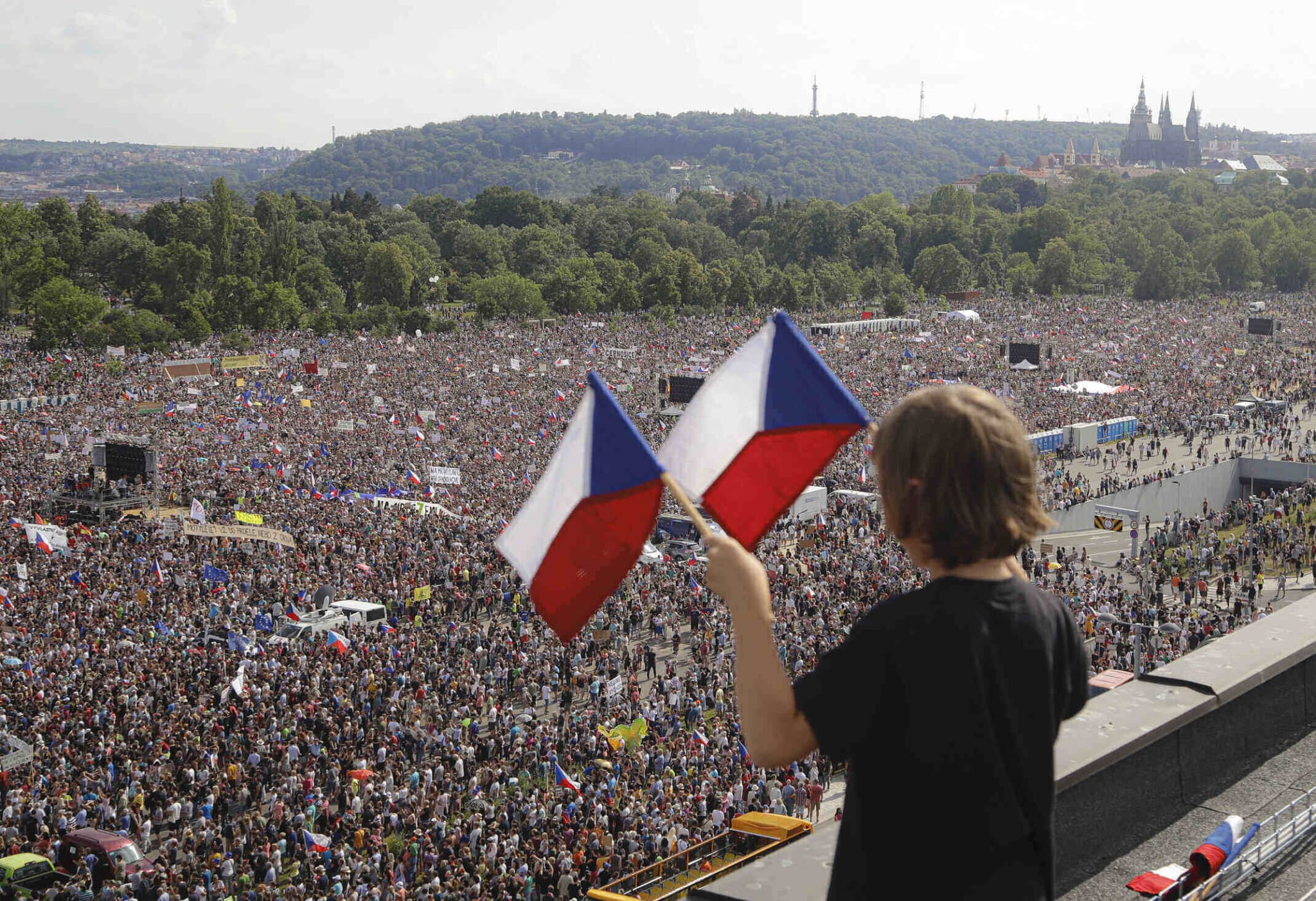The Czech Statistical Office presented the first results of the census of population, houses, and flats, which took place last year from March 27 to May 11. The census showed that the population of the Czech Republic was 10,524,000 people, which is about 90,000 more than in the previous census in 2011, according to Novinky.cz.
The census showed that there are about 494,000 foreigners in the Czech Republic, accounting for 4.7 percent of the population. These were most often Ukrainians (1.4 percent), followed by Slovaks (0.9 percent) and Vietnamese (0.5 percent).
Compared to the 2011 census, the number of foreigners increased although at a slower rate. Among the foreigners, the percentage of university-educated people is generally higher than the average.
In the country, the capital city of Prague reported the lowest share of the population with Czech citizenship (86.1 percent).
Respondents often claimed a combination of nationalities
More than six million people who chose to answer the voluntary question on national self-identification have registered as being Czech nationals (83.8 percent). Another 359,000 (5 percent) claimed to be of Moravian nationality, while 0.2 percent of the respondent chose Silesian nationality. More than 400,000 people stated a combination of nationalities. About 18,000 people declared Czech and European nationality at the same time.
Among foreigners, the Slovak nationality was most frequently mentioned at 1.3 percent, followed by the Ukrainian (1.1 percent) and Vietnamese (0.4 percent) nationality.
Unbelivers account for almost a half of the population
The census also revealed a decline in the working-age population. The average age of the Czech population was 42.7 years, which is 1.7 years more than ten years ago. At 50.7 percent, women still make up a slightly higher proportion of the population.
The number of university-educated people in the Czech Republic is generally increasing, currently making up 18.7 percent of the population, with women prevailing in this statistic.
Another voluntary question was the matter of religion, which was answered by 70 percent of people. In total, 48 percent of the respondents said they subscribe to no religious faith.
Other countries, such as Sweden and Germany, have a much higher share of foreigners. For example, in Germany, one out of every eight people is of foreign origin.





